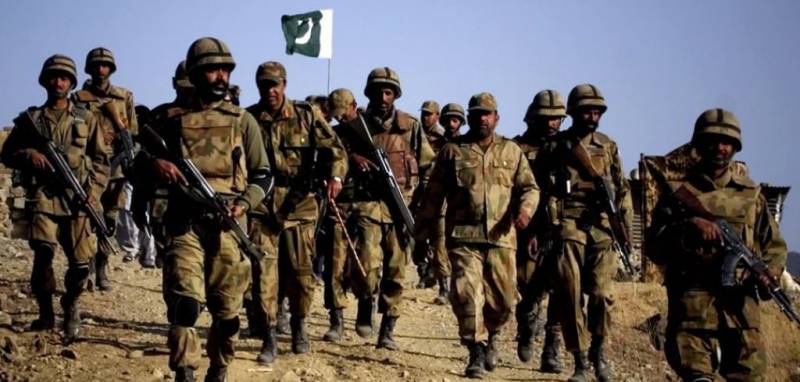
Qamar ul Huda writes about a new report entitled A Critique of Countering Violent Extremism Programs in Pakistan and key insights that he gathered during the preparation of this review.
Pakistan – as a frontline state in the war of terrorism- Countering Violent Extremism (CVE) policies and programmes are still fundamentally controversial, misunderstood, and strongly criticized by local human rights groups and religious leaders. The Pakistan state institutions and civil society organizations have implemented a variety of CVE programs but there have been no measures of the programmes’ effectiveness or impact analysis, and this raises their concerns about the fundamental nature of CVE programs.
One area I discovered in researching for the report was that Pakistani NGOs and civil society stakeholders raised serious concerns regarding CVE thinking and assumptions on radicalization and extremism because they felt these ideas were imported by the global community of researchers. These assumptions were never debated internally by Pakistan’s academic research community. The notion of radicalism was not contested but there were repeated opinions on whether there could be a more nuance local cultural understanding.
That is to say Pakistani NGO organizations and CVE workshop participants repeatedly expressed having grievances against inept, oppressed governments or government policies or international actors which did not explicitly make them radicals.
Also, there were tremendous amount of push-back on the fact that Pakistani CVE programs over-emphasized religious figures or religious organizations, and this approach primary focus on religion lacked a comprehensive scheme.
CVE Programs in Pakistan were designed and implemented with a heavy emphasis on counter-messaging to the propaganda of the violent extremists. Strategic communications to interfere, manipulate, and disrupt the extremists’ propaganda meant supporting religious leaders to counter new narratives but there was never a strategic plan in place to evaluate, monitor, or evaluate the effectiveness of the counter-messaging or an understanding of its impact.
Our report discovered project evaluations but there was no single database or single institute supervising the monitoring or evaluations of CVE counter-messaging to inform better practices.
Pakistan – as a frontline state in the war of terrorism- Countering Violent Extremism (CVE) policies and programmes are still fundamentally controversial, misunderstood, and strongly criticized by local human rights groups and religious leaders. The Pakistan state institutions and civil society organizations have implemented a variety of CVE programs but there have been no measures of the programmes’ effectiveness or impact analysis, and this raises their concerns about the fundamental nature of CVE programs.
One area I discovered in researching for the report was that Pakistani NGOs and civil society stakeholders raised serious concerns regarding CVE thinking and assumptions on radicalization and extremism because they felt these ideas were imported by the global community of researchers. These assumptions were never debated internally by Pakistan’s academic research community. The notion of radicalism was not contested but there were repeated opinions on whether there could be a more nuance local cultural understanding.
That is to say Pakistani NGO organizations and CVE workshop participants repeatedly expressed having grievances against inept, oppressed governments or government policies or international actors which did not explicitly make them radicals.
Also, there were tremendous amount of push-back on the fact that Pakistani CVE programs over-emphasized religious figures or religious organizations, and this approach primary focus on religion lacked a comprehensive scheme.
CVE Programs in Pakistan were designed and implemented with a heavy emphasis on counter-messaging to the propaganda of the violent extremists. Strategic communications to interfere, manipulate, and disrupt the extremists’ propaganda meant supporting religious leaders to counter new narratives but there was never a strategic plan in place to evaluate, monitor, or evaluate the effectiveness of the counter-messaging or an understanding of its impact.
Our report discovered project evaluations but there was no single database or single institute supervising the monitoring or evaluations of CVE counter-messaging to inform better practices.
